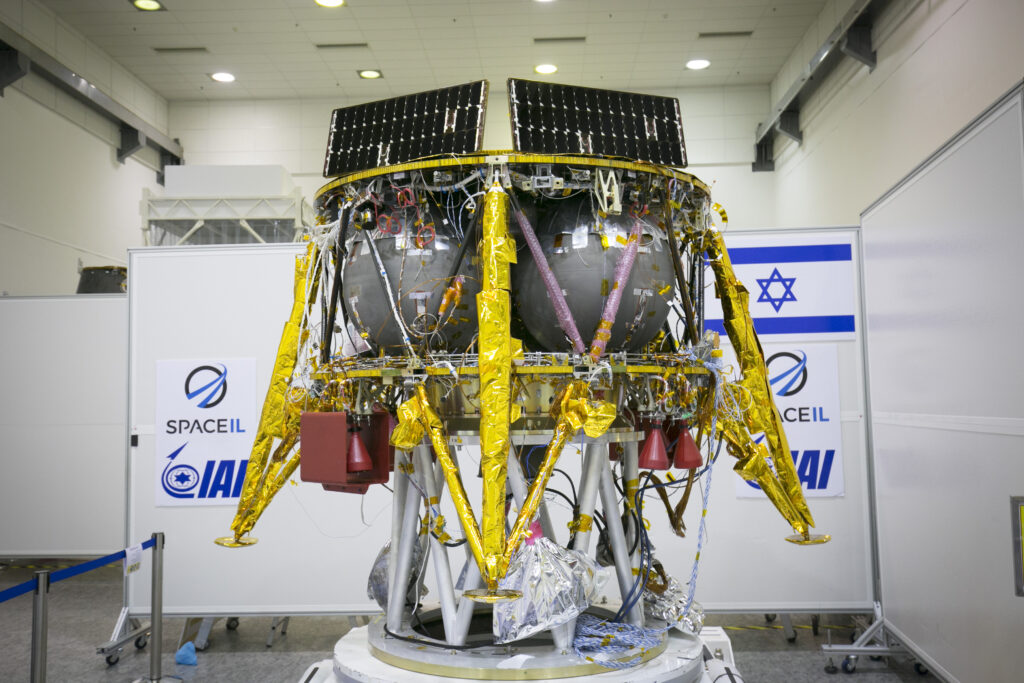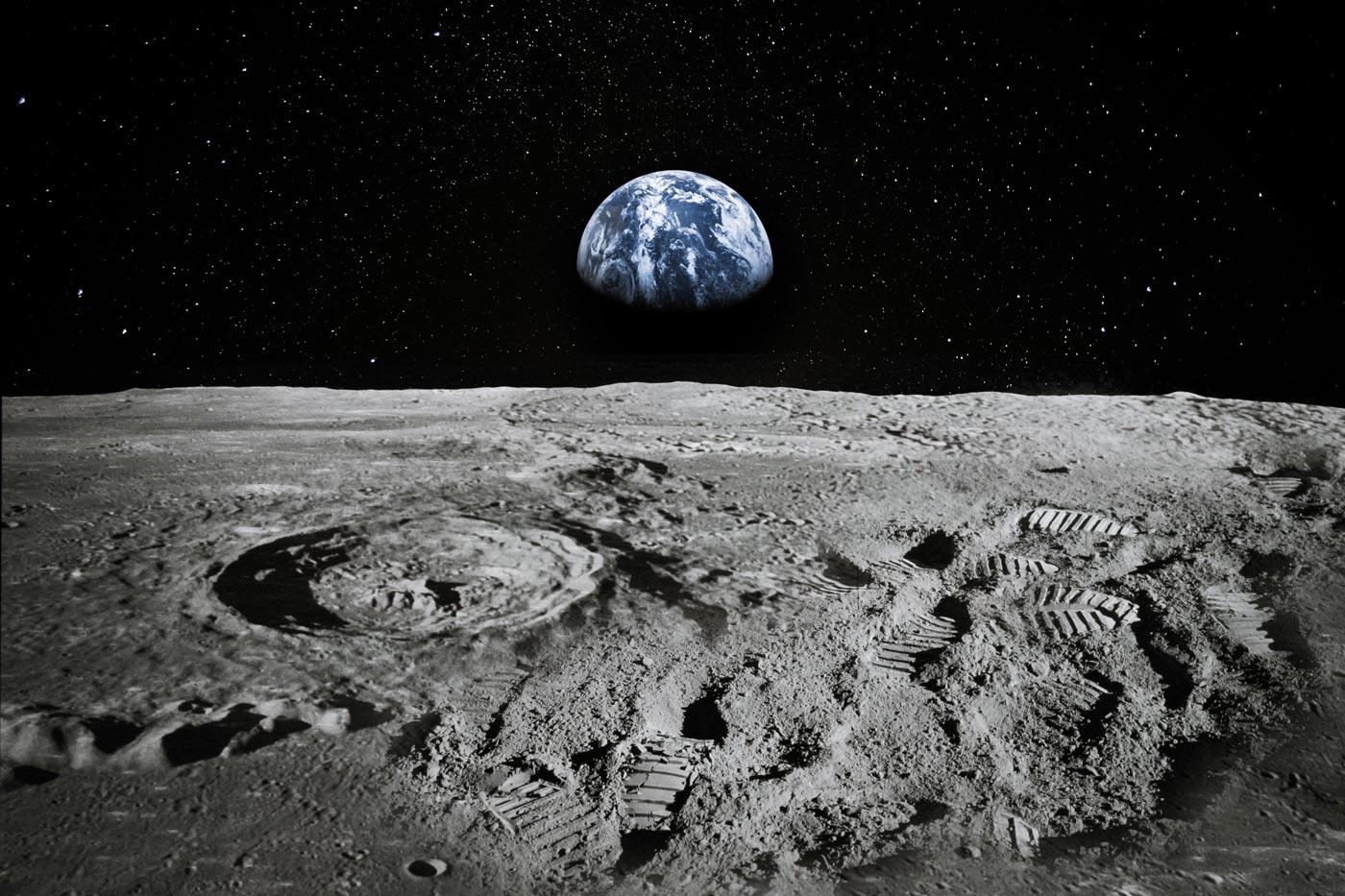An Israeli spaceship carrying a collection of plants to the moon could have amongst them native Australian grasses.
This international collaboration could make some interesting discoveries about the moon, as well as strengthen agricultural development in Australia.
“The extreme conditions that earth is facing due to climate change present challenges for how we manage food security in the future,” Australian National University Associate Professor Caitlin Byrt said.
“If you can create a system for growing plants on the moon, then you can create a system for growing food in some of the most challenging environments on earth.”
An Australian native resurrection grass known as Tripogon loliiformis will be considered for the trip due to its ability to resist harsh conditions.

“Even after losing more than 95 per cent of its relative water content, the dead-looking grass remains alive and pre-existing tissues flourish when provided with water,” Queensland University of Technology plant biologist Dr Brett Williams said.
The plants will be boarded on SpaceIL’s Beresheet 2 spacecraft with an aim to be growing by 2025.
After landing on the moon, the growth and general health of the plants will be monitored, with data and images sent back to earth.
It is hoped that this mass scale experiment will unlock mysteries of not only terraforming other planets, but how better to manage terraforming in the agricultural industries on earth, as well as help combat climate change with experiments focused on food security as less land becomes viable for food security soon.
Schoolchildren will also be invited to analyse the space data to figure out which plants are thriving.
SpaceIL was established in 2011 and competed in the Google Lunar X Prize contest to land a spacecraft on the Moon.

SpaceIL successfully launched its Beresheet lander on 22 February 2019, however, during the landing procedure a problem occurred in the final minutes of flight. Communication was lost with the spacecraft, long enough for the braking process to fail, and the vehicle crashed on the lunar surface.
Two days after the failed attempt to soft land on the Moon, SpaceIL announced plans for a second attempt, Beresheet 2, the spacecraft that will be taking Australian native grasses to new heights.
You, however, don’t need to travel to the moon and back to find software that can always support your business. ABM’s robust and modular approach means you can pick and choose what’s important to your business needs with all the benefits, without features you will never use.
Reach for the moon today with ABM. Contact your representative to find out more.









